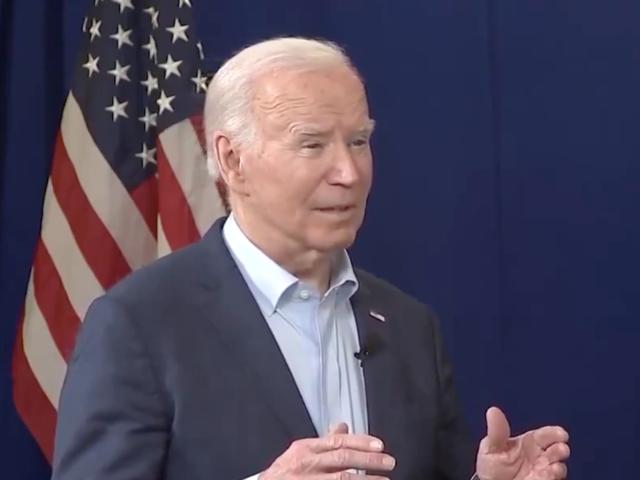In recent developments, the Israeli government deliberated a potential retaliatory strike against Iran but opted to delay the decision, according to multiple sources from Israel and the United States, as reported by Axios's Barak Ravid. The discussions held by the Israeli war cabinet on Monday did not culminate in immediate action due to "operational reasons," two Israeli officials revealed.
The considerations for a strike followed what was described by a U.S. official as a close approach to executing an attack, with another confirming that the Israeli government communicated its decision to hold off to the Biden administration.
This marked the second postponement of Israel’s planned retaliation since the weekend. The Israeli broadcaster Kan reported that Prime Minister Benjamin Netanyahu, after consultations with U.S. President Joe Biden, chose not to proceed with the pre-scheduled retaliatory strikes on Iran. According to a senior Israeli official who spoke to Kan under the condition of anonymity, diplomatic sensitivities influenced this decision. There was some speculation, as reported by Israel's Channel 12 News that Israel postponed retaliation against Iran because President Biden had said he would not object to a Rafah operation if Israel held back on Iran.
Biden has reportedly authorized Israel to operate on the ground in Rafah, in exchange for a limited attack on Iran. https://t.co/E6bjID9qSk
— Shelley G (@ShelleyGldschmt) April 18, 2024
Amidst these tensions, a senior U.S. official indicated to ABC News that any action by Tel Aviv against Iran would likely be deferred until after the Jewish holiday of Passover, which concludes on April 30. Israeli authorities have confirmed their intent to respond to Iran’s recent provocations, although the timing and method remain undecided, highlighting internal disagreements within Israel’s war cabinet.
In parallel discussions in the United States, Secretary of State Antony Blinken addressed American Jewish leaders, emphasizing that escalating the situation with Iran does not align with the interests of the U.S. or Israel, as reported by various media outlets. Furthermore, National Security Council spokesman John Kirby expressed the U.S. administration’s concern over a potential escalation in the Middle East.
Will say again: Gaza is small fries now.
— Jonathan Schanzer (@JSchanzer) April 18, 2024
The US and Israel need high-level talks about the Iran challenge.
The regime has just announced its official entry into this war.
Does anyone have a strategy to counter the clerical regime? https://t.co/NyMunFkQ5A
Despite international appeals for moderation, Netanyahu maintained a firm stance that Israel reserves the right to determine its response to Iran's significant air assault earlier in the week.
Biden Confuses Israeli City with Rafah in Gaza: ‘Don’t Move on Haifa, It’s Just Not, I Mean, Anyway’ pic.twitter.com/FrCEGpnbyi
— Sean Hannity 🇺🇸 (@seanhannity) April 18, 2024
In a related development, a senior commander of the Iranian Revolutionary Guards suggested a possible reevaluation of Iran's "nuclear doctrine," state media agency Tasnim reported, amid ongoing assertions by Tehran that its nuclear ambitions are solely for peaceful purposes. This statement coincides with comments from former Mossad official Zohar Palti to Sky News, who mentioned that striking at Iran’s nuclear facilities is among the options considered by Israel.
🚨🇮🇷🇮🇱 BREAKING: IS AYATOLLAH RECONSIDERING HIS STANCE ON NUCLEAR WEAPONS?
— Mario Nawfal (@MarioNawfal) April 18, 2024
Iran’s nuclear doctrine, which the country adopted in 2003, was a pledge to refrain from attempting to adopt nuclear programs for military purposes.
However, Iran has warned it may review its peaceful… pic.twitter.com/V1Zit8RfBy
Additionally, Iran’s Foreign Minister Hossein Amir-Abdollahian, during a visit to New York for a UN Security Council meeting, articulated in a video posted by his ministry that Iran aims to avoid escalating tensions in the region, directly communicating this stance to the United States.


